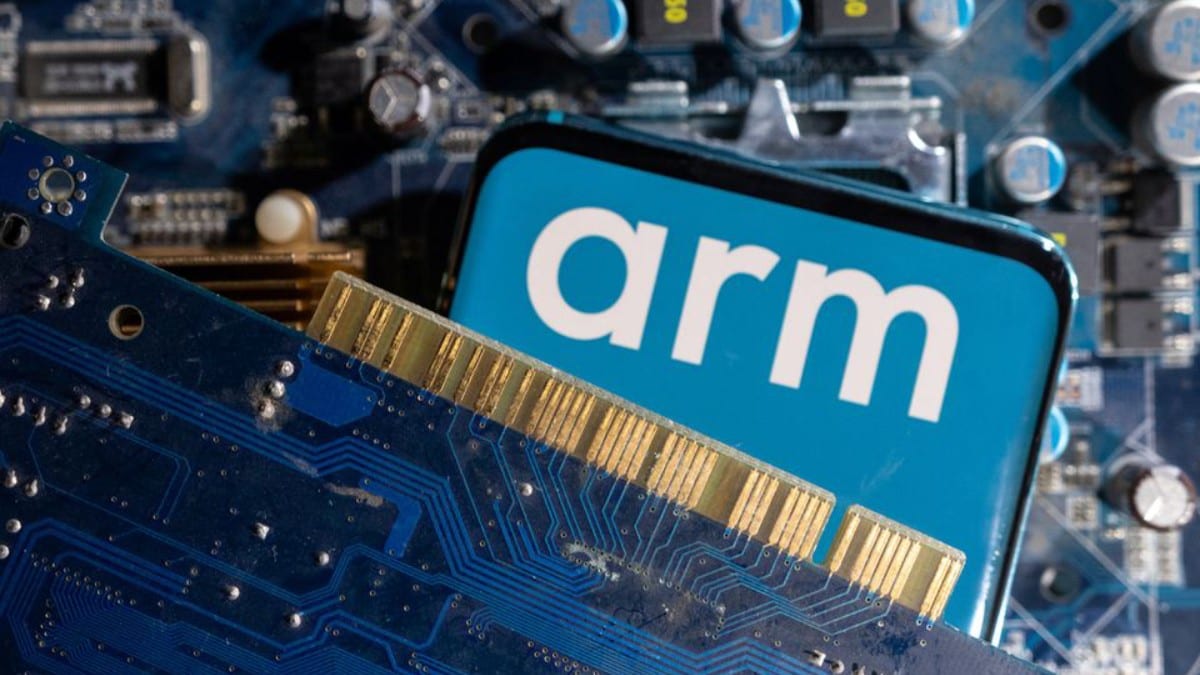Arm Holdings on Wednesday unveiled new chip blueprints and software tools to help smartphones handle artificial intelligence tasks, along with changes to how it delivers those blueprints that could help speed their adoption.
Arm’s technology powered the rise of smartphones and is increasingly found in PCs and in data centers, where chip designers have gravitated toward its energy efficiency.
Smartphones remain Arm’s biggest single market, where the company supplies intellectual property to arch rivals such as Apple and Android chip suppliers Qualcomm and MediaTek.
On Wednesday, Arm launched new designs for central processing units (CPUs) that it said are better suited to AI work and new graphics processing units (GPUs). It will also provide software tools to make it easier for developers to run chatbots and other AI code on Arm chips.
But the bigger change is in how those products are sold. In the past, Arm mostly delivered its technology as either specifications or abstract designs that chip companies then needed to turn into a physical blueprint for a chip – which in turn is no small task when deciding how arrange billions of transistors, the tiny switches that make up chips.
For the new products, Arm worked with Samsung Electronics and Taiwan Semiconductor Manufacturing Co to deliver blueprints of physical designs that are ready for manufacturing.
Chris Bergey, senior vice president and general manager of Arm’s client line of business, said Arm is not trying to compete with its customers. It is instead trying to help them get to market faster while focusing on other increasingly important parts of both PC and phone chips, such as a neural processing units (NPU) that provide the best AI performance.
That part of a chip has become so important that Microsoft said its most recent AI features won’t work without it. Arm currently does not supply NPU technology for phones and PCs, and Bergey the company aims to provide more “done and baked” designs that chip firms can attach their NPUs to.
“We’re combining a platform where these accelerators can be very tightly coupled,” Bergey said.
© Thomson Reuters 2024

